31 Healthy Habits That Unknowingly Raise Blood Pressure
You meticulously track steps, choose salads, and meditate daily – committed to living your healthiest life. But could some of those "good" habits be secretly pushing your blood pressure higher? It's a baffling paradox for the wellness-focused. We've dug deeper and expanded our list to uncover 31 popular health practices that, surprisingly, might inadvertently stress your cardiovascular system when misunderstood or taken to extremes. This isn't about giving up on your healthy routines; it's about smart adjustments and understanding the nuances. Let's explore these unexpected culprits together and learn how to fine-tune your approach for genuinely heart-healthy results, ensuring your dedication pays off where it matters most without hidden risks.
1. Over-Exercising: When Fitness Backfires

Exercise is a cornerstone of a healthy lifestyle, celebrated for its myriad benefits, including cardiovascular health improvement. However, excessive exercise can paradoxically lead to elevated blood pressure. Intense physical activity increases adrenaline levels, which can cause temporary spikes in blood pressure. For those who consistently push their limits without adequate rest, this can become a chronic issue. Over-exercising can also lead to increased levels of cortisol, a stress hormone that contributes to hypertension. To mitigate these risks, it's crucial to balance high-intensity workouts with rest days and incorporate a variety of exercise types, including low-impact activities like yoga or walking, to ensure cardiovascular health without overburdening the body.
2. High-Protein Diets: The Silent Sodium Culprit
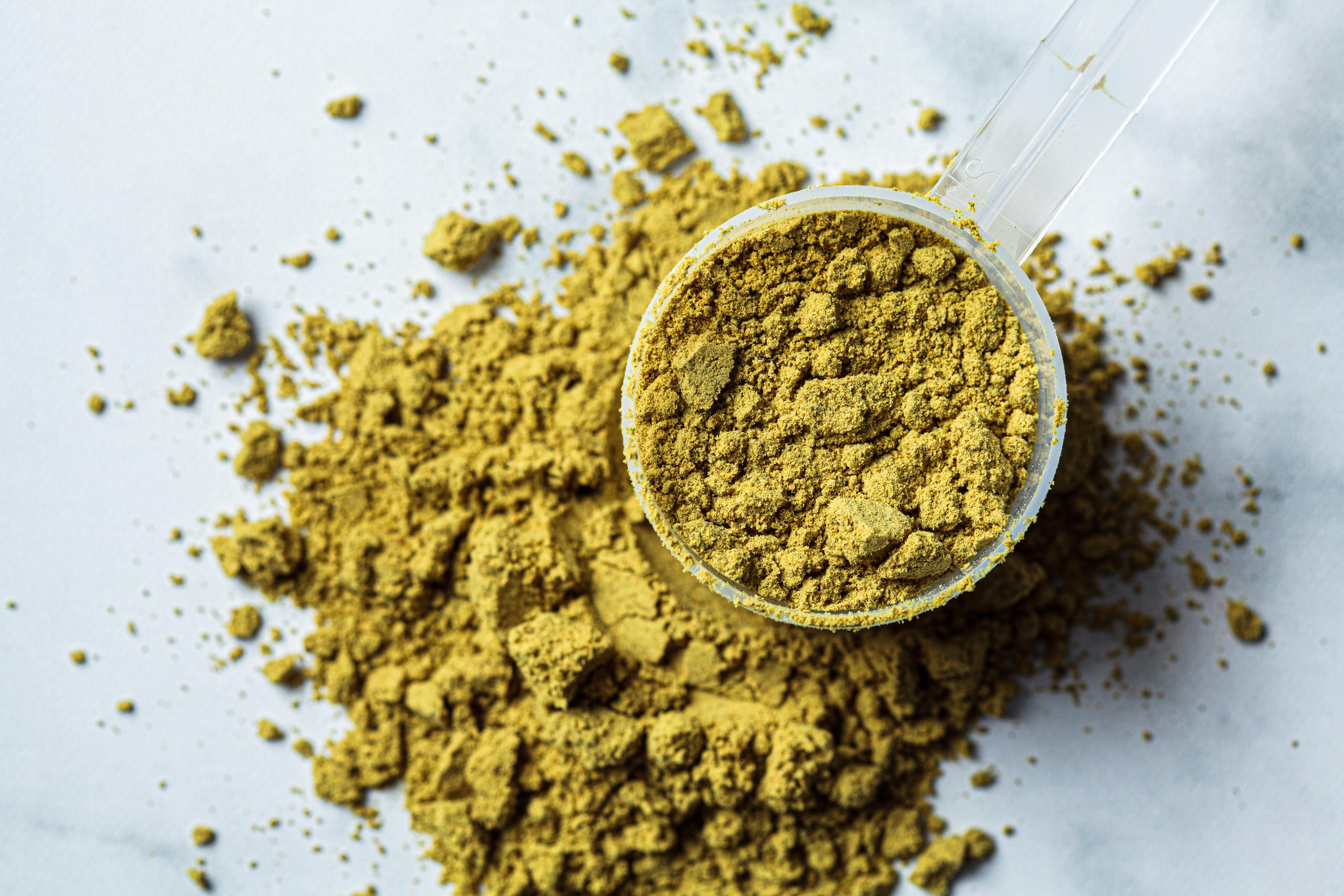
High-protein diets have gained popularity for their weight loss benefits and muscle-building properties. However, they can also inadvertently increase blood pressure due to hidden sodium content in protein-rich foods, particularly processed meats and protein supplements. Excessive sodium intake is a well-known risk factor for hypertension. Additionally, high-protein diets often lead to a reduced intake of fruits and vegetables, which are essential for maintaining potassium levels that help regulate blood pressure. To prevent this, individuals should focus on incorporating lean proteins like fish and poultry, while ensuring a balanced intake of potassium-rich foods to counteract sodium's effects.
3. Stress Management Techniques: The Double-Edged Sword

Stress management is crucial for overall health, yet some techniques might inadvertently raise blood pressure. Practices like meditation and deep breathing are generally beneficial, but others, such as competitive sports or high-stakes hobbies, can be stress-inducing rather than relieving. The body's response to stress involves the release of hormones like cortisol and adrenaline, which can increase heart rate and blood pressure. It's important to choose stress management techniques that genuinely relax the body and mind. Activities such as tai chi, gentle yoga, or even leisurely walks in nature can provide stress relief without the unintended consequence of elevated blood pressure.
4. Caffeine Consumption: Beyond the Morning Boost

Caffeine is a widely consumed stimulant, often used to enhance focus and energy. While moderate consumption is generally safe, excessive intake can lead to increased blood pressure. Caffeine stimulates the central nervous system, raising heart rate and causing blood vessels to constrict, which can lead to temporary spikes in blood pressure. For habitual caffeine consumers, this effect can become more pronounced. It's essential to monitor caffeine intake, especially from sources like coffee, energy drinks, and certain medications. Opting for decaffeinated versions or herbal teas can help manage caffeine levels and maintain stable blood pressure.
5. Salt Substitutes: A Hidden Hypertension Hazard
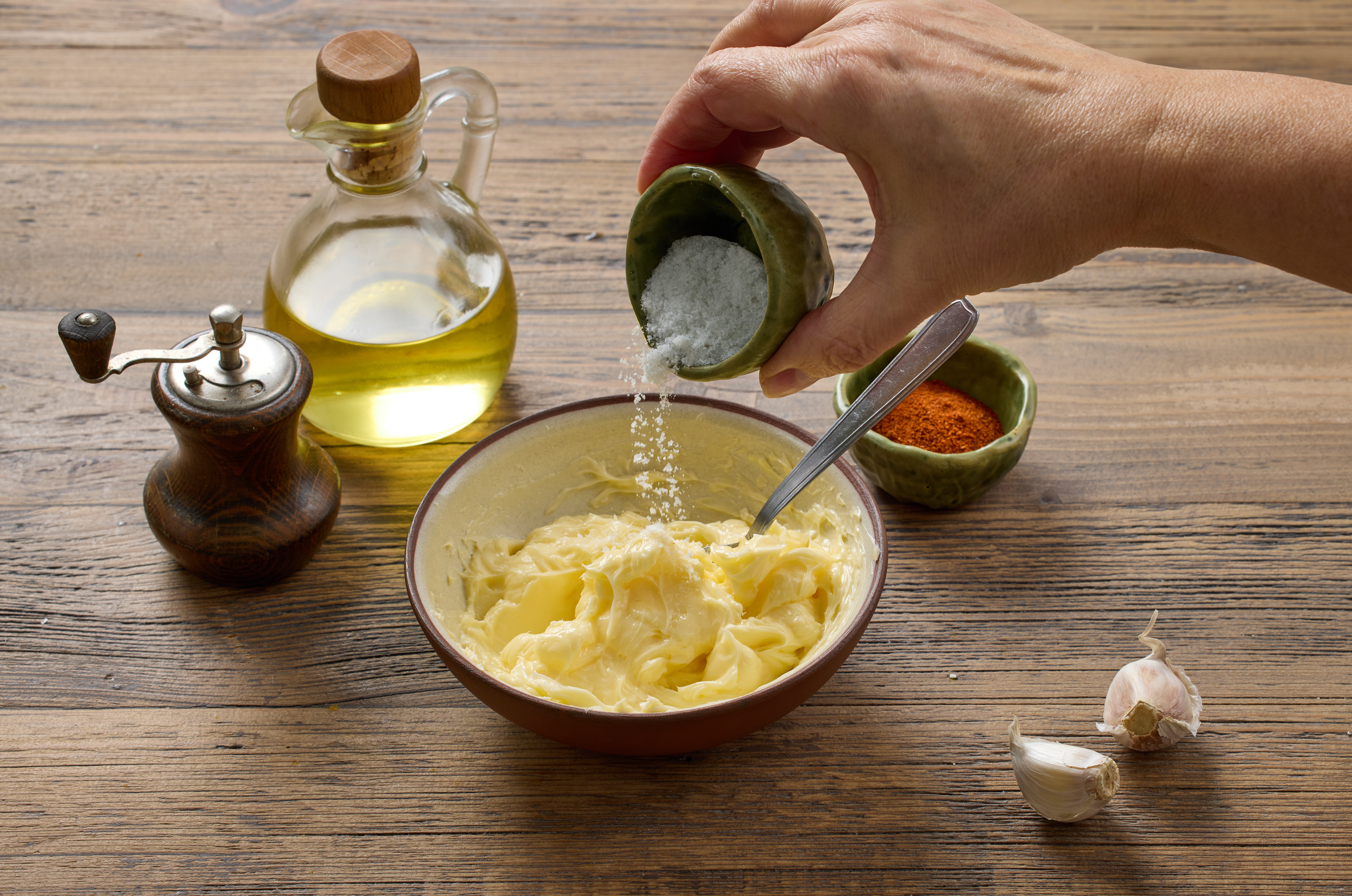
In an effort to reduce sodium intake, many people turn to salt substitutes. While these alternatives can be beneficial, they often contain potassium chloride, which can pose risks for individuals with kidney issues or those on certain medications. High potassium levels can lead to hyperkalemia, which affects heart function and blood pressure. It's important to use salt substitutes cautiously and consult with a healthcare provider if there are any underlying health conditions. Balancing the use of salt substitutes with natural herbs and spices can enhance flavor without compromising blood pressure control.
6. Alcohol Consumption: Moderation is Key

Alcohol is often consumed for social enjoyment and has been associated with certain health benefits when consumed in moderation. However, excessive alcohol intake is a significant risk factor for hypertension. Alcohol can interfere with the effectiveness of blood pressure medications and lead to weight gain, another contributor to high blood pressure. Even moderate drinking can cause temporary spikes in blood pressure, especially in sensitive individuals. To maintain heart health, it's crucial to adhere to recommended guidelines for alcohol consumption and consider alcohol-free days to give the body time to recover.
7. Weight Loss Supplements: Unseen Effects on Blood Pressure
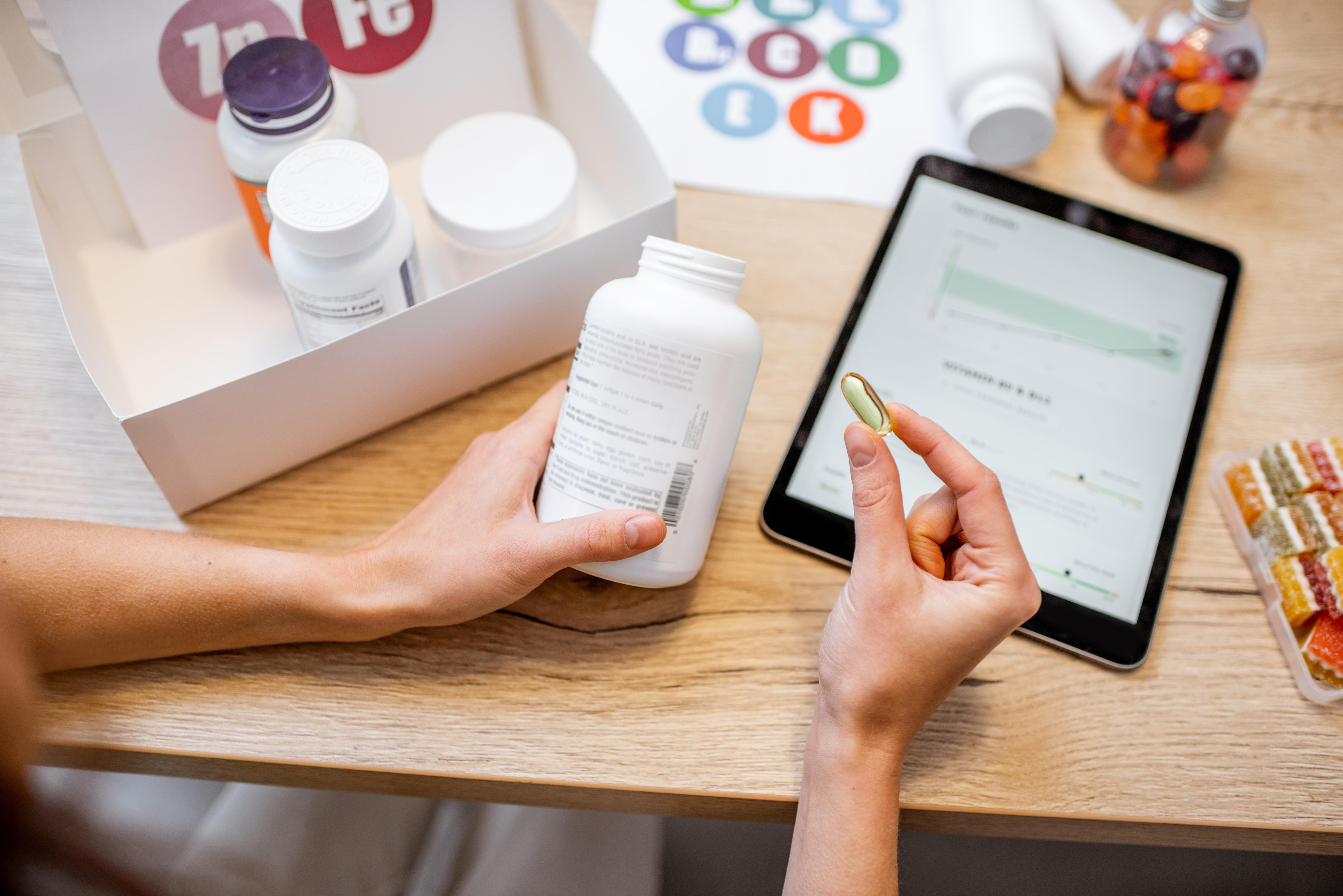
The quest for quick weight loss often leads individuals to try supplements that promise rapid results. However, many of these products contain stimulants like caffeine or ephedra, which can increase heart rate and blood pressure. Even natural supplements can have unintended interactions with medications or exacerbate existing health conditions. It's vital to approach weight loss supplements with caution and prioritize natural weight loss methods through diet and exercise. Consulting with a healthcare provider before starting any supplement regimen is essential to ensure it aligns with overall health goals and does not negatively impact blood pressure.
8. Sleep Patterns: The Hypertension Connection

Sleep is a critical component of health, yet irregular sleep patterns can contribute to elevated blood pressure. Poor sleep quality or insufficient sleep increases stress hormones, leading to hypertension. Sleep apnea, a common disorder, is also linked to high blood pressure due to interrupted breathing patterns. Establishing a consistent sleep schedule and creating a restful environment can significantly improve sleep quality and reduce hypertension risk. Practices such as limiting screen time before bed, maintaining a cool, dark room, and engaging in relaxing pre-sleep rituals can enhance sleep and promote cardiovascular health.
9. Hydration Habits: The Balance of Fluids
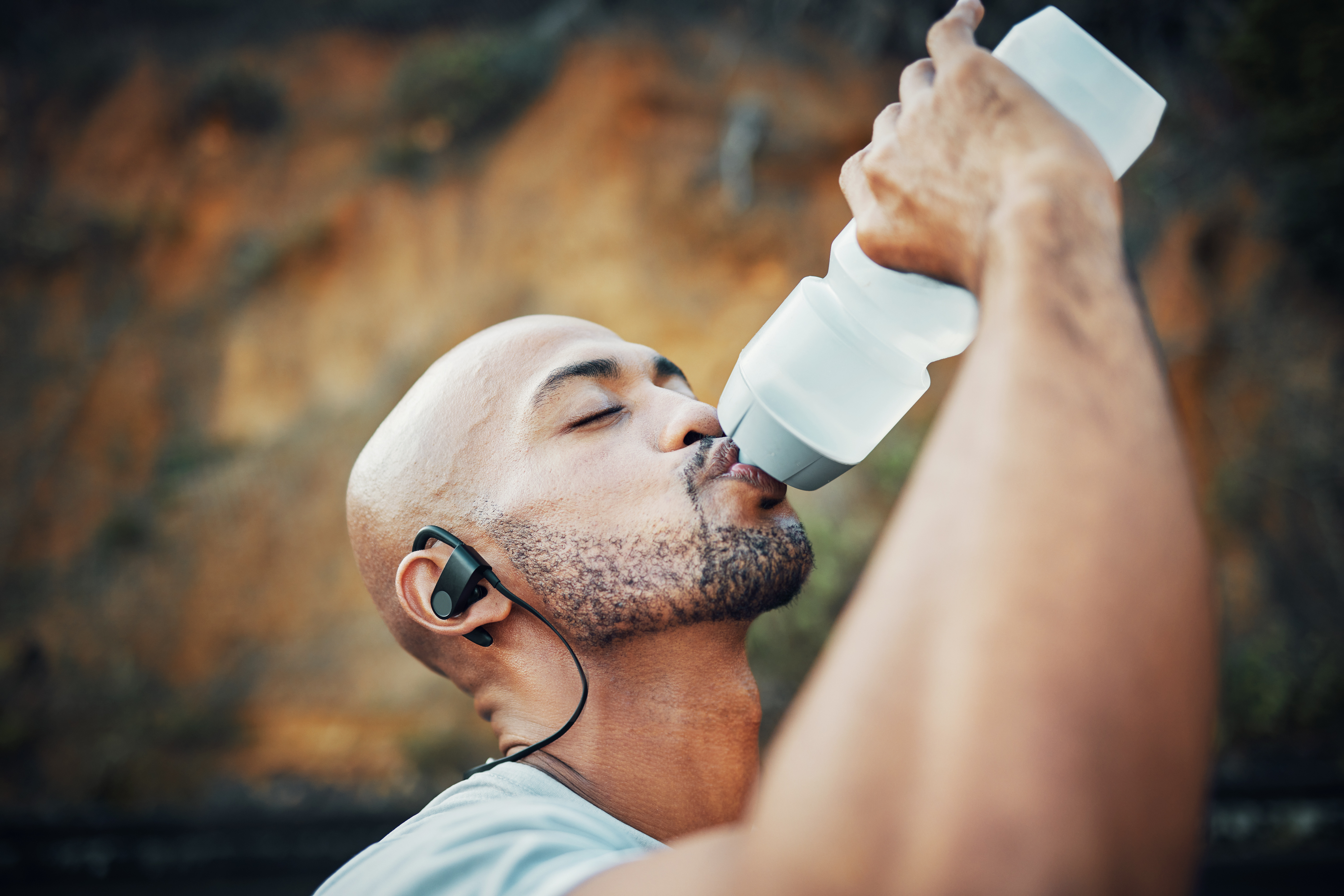
Staying hydrated is essential for health, but excessive fluid intake can strain the kidneys and lead to increased blood pressure. Overhydration can cause an imbalance in electrolytes, affecting heart function and blood pressure regulation. Conversely, dehydration can also raise blood pressure by causing blood vessels to constrict. It's crucial to find a balance by drinking adequate amounts of water throughout the day, considering factors such as activity level, climate, and individual health needs. Monitoring urine color can be a simple way to gauge hydration status and ensure a balance that supports cardiovascular health.
10. Vegan and Vegetarian Diets: Nutrient Considerations
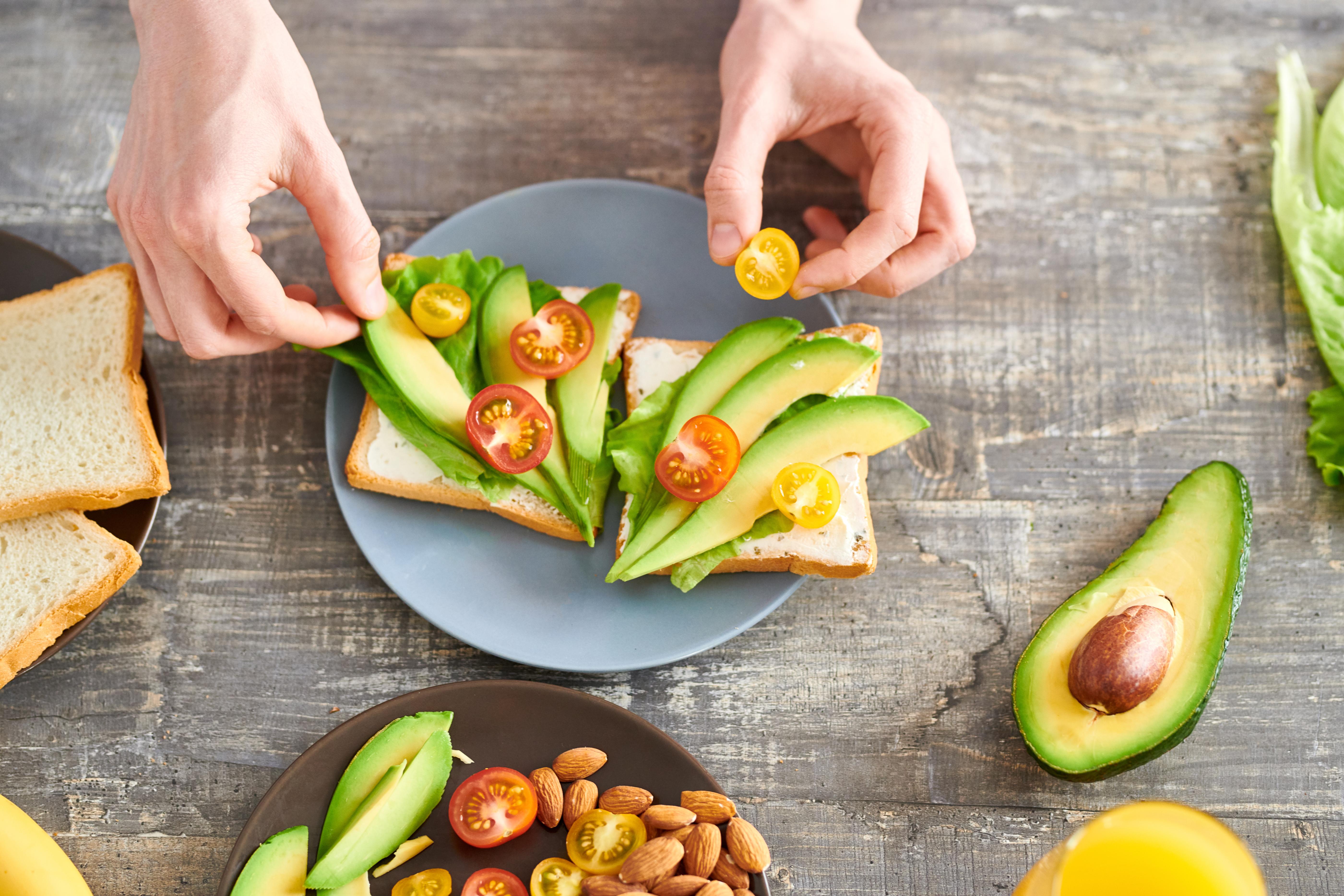
Adopting a plant-based diet offers numerous health benefits, yet it requires careful planning to avoid nutrient deficiencies that can affect blood pressure. Vegans and vegetarians may lack essential nutrients like vitamin B12, iron, and omega-3 fatty acids, which play roles in heart health. Additionally, some plant-based foods are high in sodium, which can contribute to hypertension. To maintain a balanced diet, it's important to include a variety of whole foods, fortified products, and possibly supplements to ensure adequate nutrient intake. Consulting with a nutritionist can help tailor a plant-based diet that supports optimal blood pressure levels.
11. Mindful Eating: The Impact of Meal Timing

Mindful eating emphasizes awareness and enjoyment of food, but irregular meal timing can affect blood pressure. Skipping meals or eating at inconsistent times can lead to fluctuations in blood sugar levels, which can influence blood pressure. Additionally, late-night eating can disrupt sleep patterns and contribute to hypertension. Establishing regular meal times and focusing on balanced meals can stabilize blood sugar and support healthy blood pressure levels. Incorporating practices like eating slowly and savoring each bite can enhance the benefits of mindful eating while minimizing its potential drawbacks.
12. The Cold Plunge Craze: Shocking Your System

Embraced for boosting circulation and mental resilience, deliberate cold exposure like ice baths sends a jolt through your system. This shock triggers a significant adrenaline release and causes peripheral blood vessels to constrict dramatically (vasoconstriction) to conserve core heat. While potentially beneficial for some, this rapid squeeze on your vascular system can cause sharp, albeit temporary, spikes in blood pressure. For individuals with pre-existing hypertension or cardiovascular concerns, this “healthy” stressor might pose risks. Gradual adaptation and checking with a doctor are crucial before diving into extreme temperature therapies.
13. Mismanaged Intermittent Fasting: Stressing Over Scarcity

Intermittent fasting (IF) is lauded for metabolic benefits and weight management. However, prolonged fasting periods or inconsistent fasting schedules can signal "scarcity" to your body, potentially increasing stress hormones like cortisol. This stress response can elevate blood pressure. Furthermore, dehydration during fasting windows or improper refeeding (like consuming high-sodium meals immediately after a fast) can disrupt electrolyte balance and fluid dynamics, negatively impacting blood pressure regulation. A gradual approach, proper hydration, balanced refeeding, and medical consultation are key to ensuring IF supports, rather than stresses, your cardiovascular system.
14. Overdoing Electrolyte Supplements: An Imbalance Act

Staying hydrated, especially during exercise, often involves electrolyte drinks or powders. While electrolytes are vital, overconsumption, particularly of sodium-rich formulas, can directly increase blood volume and pressure. Even "healthy" low-sugar options can be problematic if used excessively when not needed (e.g., during light activity or rest). Furthermore, drastically altering your sodium-potassium balance with supplements instead of whole foods can interfere with your body's natural blood pressure controls. Stick to electrolyte replacement primarily during intense, prolonged sweating, read labels carefully, and prioritize mineral-rich foods for daily balance.
15. Intense Yoga Inversions: Turning Pressure Upside Down

Yoga is renowned for its stress-reducing and flexibility benefits. However, certain postures, especially advanced inversions like headstands or shoulder stands, significantly alter blood flow dynamics due to gravity. Blood pools more in the head and upper body, temporarily increasing pressure in those areas and potentially triggering the body's pressure-regulating responses. While generally safe for healthy individuals when practiced correctly, those with hypertension, glaucoma, or heart conditions should approach inversions cautiously, opt for modifications, or avoid them altogether after consulting their healthcare provider to prevent risky pressure surges.
16. Hidden Stimulants in "Natural" Supplements: Not Always Benign

Beyond obvious weight loss pills, many seemingly harmless "natural" health supplements can contain compounds that affect blood pressure. Ingredients like licorice root (used for digestion/adrenals) contain glycyrrhizin, which mimics aldosterone, causing sodium/water retention and potassium loss, thereby raising BP. Others like St. John's Wort (for mood) can interact with blood pressure medications, altering their effectiveness. Always research ingredients, check for interactions with your medications, inform your doctor about all supplements you take, and be wary of proprietary blends that don't disclose full contents.
17. Chronic Noise Exposure (Even "Good" Noise): A Constant Alert

You might blast upbeat music for workout motivation or use noise-canceling headphones for focused meditation. While seemingly positive, loud noise exposure, regardless of the source, is interpreted by the body as a stressor. Chronic exposure keeps your sympathetic nervous system slightly activated, releasing adrenaline and cortisol, which can contribute to sustained higher blood pressure over time. Protect your hearing and cardiovascular health by keeping volumes moderate (especially with headphones), taking breaks from noisy environments (like gyms), and considering the cumulative effect of daily noise pollution.
18. The Valsalva Maneuver Habit: Unconscious Breath-Holding

Often performed unintentionally during strenuous activities like weightlifting, straining on the toilet, or even intense concentration, the Valsalva maneuver involves exhaling against a closed airway. This action dramatically increases pressure within the chest cavity, which initially spikes blood pressure significantly before causing a drop. Regularly engaging in this, even unconsciously during "healthy" exertion, places repeated, abrupt stress on your cardiovascular system. Practicing conscious breathing techniques, particularly exhaling during the effort phase of an exercise, helps mitigate these dangerous pressure fluctuations.
19. Health Data Anxiety: When Tracking Becomes the Stressor
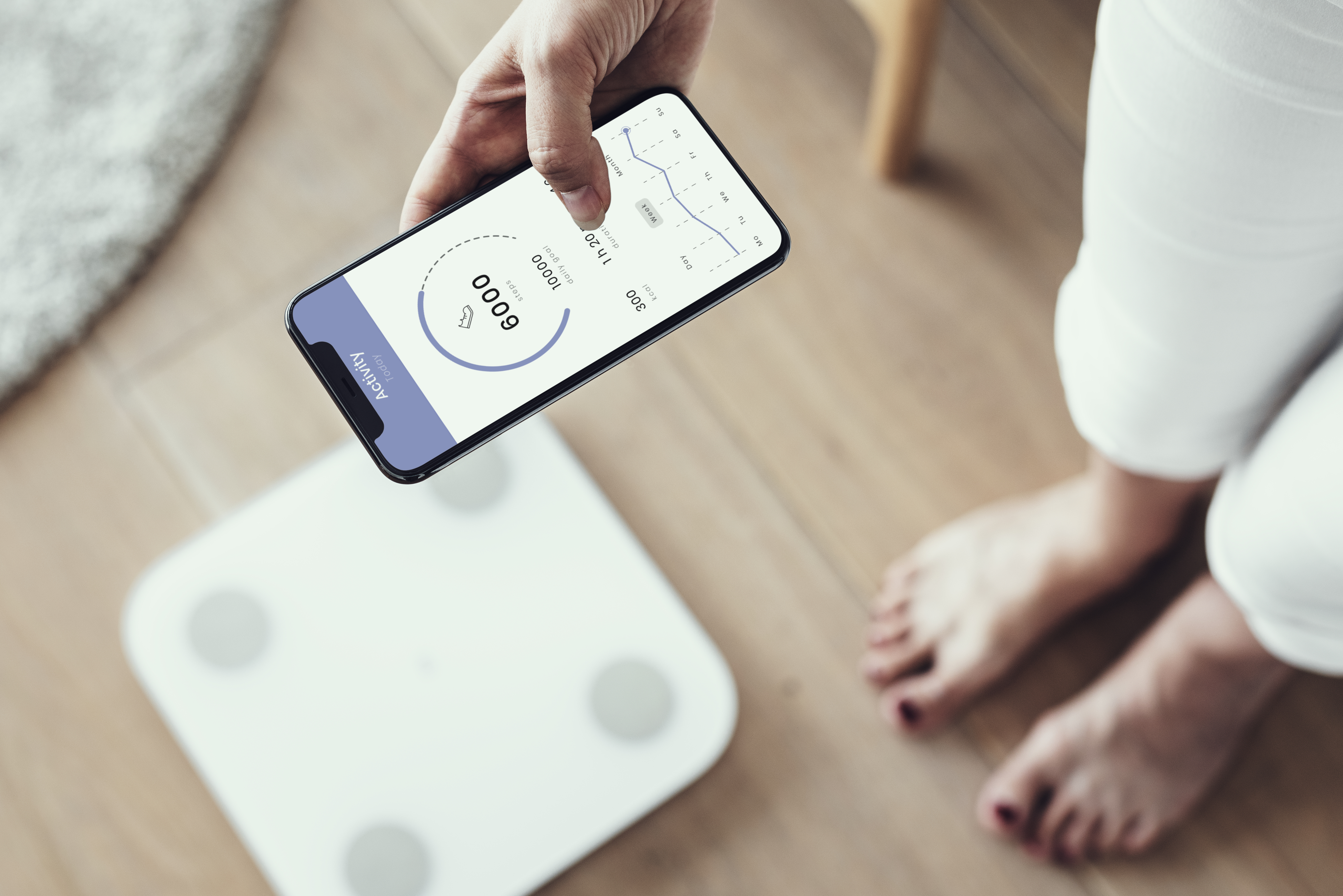
Using wearables and apps to track blood pressure, heart rate, and activity levels empowers proactive health management. However, for some, constant monitoring can morph into obsession and anxiety. Reacting emotionally to every minor fluctuation, worrying excessively about numbers, or feeling stressed by the act of tracking can itself activate the body's stress response, paradoxically elevating blood pressure. It's crucial to use health data as a tool for trends, not a source of minute-by-minute worry. Schedule check-ins, focus on overall lifestyle patterns, and discuss concerns with a doctor rather than self-diagnosing based on isolated readings.
20. Neglecting Social Connection: The Health Cost of Isolation

Prioritizing "me time," intense focus on career goals, or even introverted preferences can sometimes lead to unintentional social isolation. While solitude can be healthy, chronic loneliness or a lack of strong social support is increasingly recognized as a significant risk factor for poor cardiovascular health, including higher blood pressure. Social connections buffer stress, provide emotional support, and encourage healthier behaviors. Even if you value independence, actively nurturing meaningful relationships is a vital, often overlooked, component of maintaining healthy blood pressure and overall well-being.
21. Over-Reliance on Processed "Health Foods": Sodium Traps

Switching to seemingly healthier options like canned soups labeled "low fat," frozen "healthy" meals, plant-based meat alternatives, or even some whole-grain breads and cereals can inadvertently increase sodium intake significantly. Manufacturers often compensate for reduced fat or altered texture by adding more salt for flavor and preservation. Regularly consuming these processed convenience items, despite their health claims, can contribute substantially to exceeding recommended daily sodium limits, a primary driver of hypertension. Reading nutrition labels diligently for sodium content, even on "healthy" packaged foods, is essential.
22. Aggressive "Detox" or Cleanses Without Proper Hydration

While aiming to "flush" the system, some detox protocols or juice cleanses can lead to significant fluid and electrolyte loss if not carefully managed. Dehydration concentrates the blood and forces the heart to work harder, potentially causing temporary blood pressure increases or stressing the kidneys. Ensuring adequate fluid and electrolyte intake (not just plain water) during any cleanse is crucial to avoid this hidden strain.
23. Over-Scheduling Wellness Activities

Packing your calendar with back-to-back yoga, meditation, gym sessions, meal prep, and wellness appointments can ironically become a major source of stress. Feeling rushed or pressured to maintain a "perfect" healthy schedule elevates cortisol levels, the stress hormone directly linked to increased blood pressure. True wellness includes downtime; ensure your healthy routine doesn't become another stressful obligation, negating the intended benefits.
24. Certain Intense Breathwork Practices (If Unsuitable)

While mindful breathing lowers blood pressure, certain forceful techniques (like some forms of Pranayama, Wim Hof Method, or holotropic breathwork) involve breath-holding or rapid, intense breathing cycles. These can cause significant, albeit often temporary, spikes in blood pressure and place stress on the cardiovascular system. They may be unsuitable or require careful modification for individuals with hypertension or heart conditions. Always learn from qualified instructors.
25. Excessive Consumption of High-Sodium Fermented Foods

Probiotic-rich foods like kimchi, sauerkraut, pickles, and miso are fantastic for gut health. However, commercially prepared versions (and even some home ferments) can be loaded with sodium for preservation and flavor. Consuming large quantities regularly, without accounting for the salt content, can significantly contribute to overall sodium intake, directly impacting blood pressure for salt-sensitive individuals. Moderation and checking labels are key.
26. Prolonged Sauna/Heat Exposure Without Gradual Adaptation

Saunas and hot tubs promote relaxation and circulation. However, prolonged exposure causes significant vasodilation (widening of blood vessels) and sweating, which can lead to dehydration and place demands on the heart to maintain blood pressure upon standing. Rapid shifts between extreme heat and cold (like cold plunges after) can also cause abrupt pressure changes. Gradual exposure, adequate hydration, and mindful transitions are important, especially for those with BP concerns.
27. "Clean Eating" Extremes Leading to Nutrient Gaps

An obsessive focus on "clean" eating that eliminates entire food groups (like dairy or certain grains) without careful substitution can lead to deficiencies in key minerals crucial for blood pressure regulation, such as potassium, magnesium, and calcium. These minerals work together to balance fluids and relax blood vessels. Ensuring a varied diet rich in diverse whole foods is vital to avoid inadvertently creating nutrient gaps that harm cardiovascular health.
28. High-Intensity Interval Training (HIIT) Without Proper Foundation

HIIT is effective for fitness, but its rapid bursts of maximum effort cause significant, sharp increases in heart rate and blood pressure during the intervals. For individuals who are deconditioned, have underlying heart issues, or don't incorporate adequate warm-ups/cool-downs, this intense cardiovascular stress can be risky. Building a solid fitness base and listening to one's body is crucial before jumping into high-intensity routines.
29. Neglecting Oral Health (The Gum Disease Connection)

You might focus on diet and exercise, but ignore flossing. Chronic gum disease (periodontitis) involves persistent inflammation and bacterial presence in the mouth. This localized inflammation can have systemic effects, contributing to overall body inflammation and endothelial dysfunction (impaired blood vessel function), which are increasingly linked to increased cardiovascular risk and higher blood pressure. Consistent, thorough oral hygiene is an overlooked aspect of heart health.
30. Over-Reliance on "Natural" Sugars

Swapping white sugar for honey, maple syrup, agave, or coconut sugar feels healthier, but excessive intake of any added sugar contributes to inflammation, weight gain, and insulin resistance over time – all factors that negatively impact blood pressure. While these natural options may contain trace minerals, they are still concentrated sources of sugar. Moderating all forms of added sweeteners is essential for cardiovascular health, regardless of how "natural" they seem.
31. Perfectionism in Wellness Goals

Constantly striving for the "perfect" diet, workout intensity, sleep score, or body weight can create significant psychological stress. This drive for perfection, often fueled by social media comparisons, leads to chronic anxiety and self-criticism, keeping stress hormones elevated. This mental strain directly impacts physiological processes, including blood pressure regulation. Embracing flexibility, self-compassion, and realistic goals is healthier than relentless, stressful perfectionism.
Navigating Healthy Habits with Awareness

The journey to better health is paved with good intentions, but it's essential to navigate this path with awareness and discernment. While adopting healthy habits is crucial for well-being, understanding their potential impacts on blood pressure is equally important. By balancing exercise, diet, stress management, and other lifestyle factors, individuals can optimize their health without inadvertently increasing their risk of hypertension. This exploration highlights the importance of personalized health strategies and the need for ongoing education and adaptation. With a mindful approach, it's possible to harness the full benefits of healthy habits while maintaining optimal blood pressure and overall health.